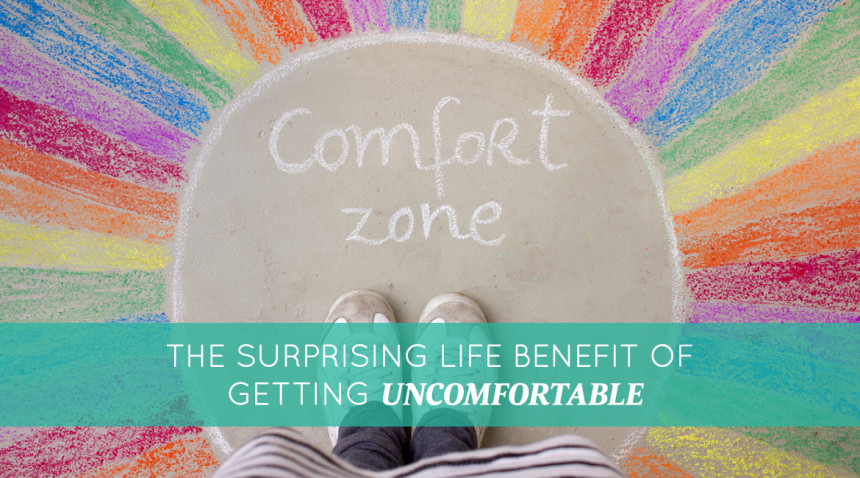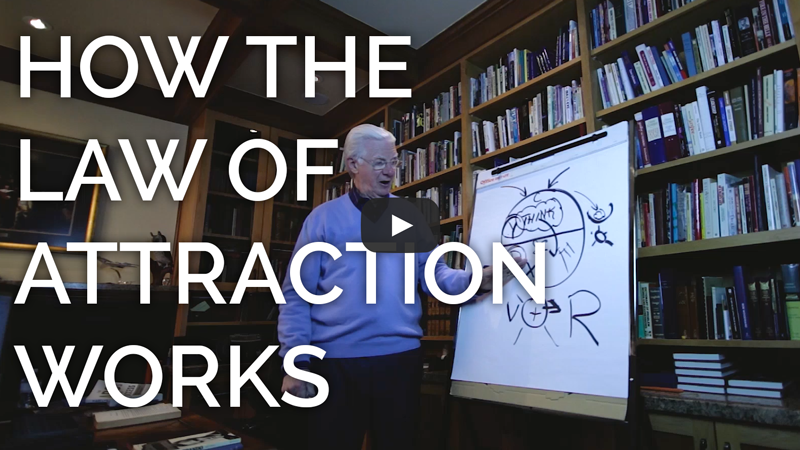
Surely you’ve heard the advice to “step out of your comfort zone.”
But what does that really mean? Is it even a good idea?
The truth is, comfort zones are more complicated than most people think. Ask any average Joe on the street what it is and he’ll tell you a comfort zone is “the way you’re used to doing things.”
Ask a psychologist and she’ll tell you it’s a behavioral state. It’s where you feel in control and familiar with what’s going on.
The upside to a comfort zone is that when you feel in control, doing familiar things, your anxiety levels are low. Stress is low.
So on the surface, a comfort zone seems like a good thing. Nobody wants to be in a state of stress or anxiety, right? Especially not when the alternative is feeling in control.
Yet, there’s a place where anxiety is a good thing. It’s called “optimal anxiety.”
Psychologists Robert M. Yerkes and John D. Dodson are the fellows credited with first introducing the concept of comfort zone. In a 1908 study with mice, the two discovered that a certain amount of stimulation actually improved performance. They coined the phrase “optimal anxiety” to explain this state of functioning.
In their experiment, the benefit of stimulation (stress), only existed up to a certain level. If the mice were pushed past that optimal anxiety level, their performance plummeted. They were simply under too much stress.
Our bodies function in much the same way. Stepping beyond your comfort zone raises anxiety. It prompts your body to launch a stress response.
The result? Enhanced levels of concentration and better focus.
Daniel Pink, author of Drive: The Surprising Truth About What Motivates Us (Riverhead, 2009), is a big believer in moving beyond what’s comfortable. “If you’re too comfortable,” he writes, “you’re not productive. And if you’re too uncomfortable, you’re not productive.” He tells folks to find a place of “productive discomfort.”
I agree.
Now, you might question this because you’re already reasonably comfortable in life. Why would you want to change that? Why introduce stress?
First, you’ve got to realize stress is not a bad word. Healthy stress can be a catalyst for growth. It can provide you with powerful motivation that moves you forward to action.
When you step out of your comfort zone and challenge yourself, you’ll grow and take on new risks. This is critical. Because once you stop taking risks, you stop growing. It’s like saying you’re okay with settling for “good enough.”
But good enough means you’re holding yourself back from the growth and accomplishments you were born to pursue. It means you’re turning your back on a future that is so much better than anything you can imagine right now.
So the next time you come across a new idea or opportunity, ask yourself this: “Will this new idea improve the direction of my life? Is it positive? Creative? Constructive?”
Always remember, you have deep reservoirs of talent and ability. You can draw those abilities to the surface and shift toward greater prosperity when you move beyond your current comfort zone.
Not only that, but you’ll be opening your subconscious mind. That makes you more open to your environment, so you can see the possibilities in things that other people call pipe dreams. After all, one fellow’s pipe dream could be your path to true life satisfaction.
Even if moving beyond your comfort zone makes you slightly uncomfortable, or maybe wholly uncomfortable, it’s what pushes you to achieve goals that once seemed unreachable. It changes your paradigm.
To learn more about changing your paradigms and how I can help –go here.
[wpdevart_facebook_comment curent_url="www.pgistaff.org/10049/the-surprising-life-benefit-of-getting-uncomfortable" order_type="social" title_text=" " title_text_color="#000000" title_text_font_size="22" title_text_font_famely="Arial" title_text_position="left" width="100%" bg_color="#FFFFFF" animation_effect="none" count_of_comments="10" ]
" title_text_color="#000000" title_text_font_size="22" title_text_font_famely="Arial" title_text_position="left" width="100%" bg_color="#FFFFFF" animation_effect="none" count_of_comments="10" ]







